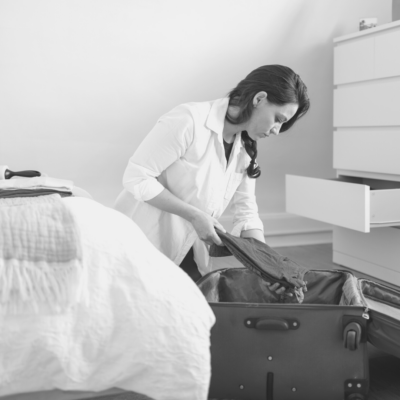November is Family Violence Prevention month, and here at McGuiness Law, we are passionate about helping Albertans stay safe.
Sadly, police-reported family violence in Canada has steadily been on the rise. In 2019, 26% of victims suffered at the hands of a family member (a spouse, child, sibling, parent, or extended family member). That is more than a quarter of all violence reported to the police.
Knowing your rights and which steps you can take is invaluable when getting out of a family violence situation.
mmmmmmmmmmmmmmm
Your Rights
In Alberta, abused family members of any age are protected by the Protection Against Family Violence Act. This applies even if the abused is not living together with the abuser and includes:
- Married couples, common-law, separated or divorced, whether with or without shared children
- Parents who are not and have not lived together
- Biological, adopted, foster, as well as step-children
- Adults who are residing together and one of the individuals is the legal caregiver or has custody of the other individual
If you are being abused by a family member, your rights include:
- Being safe from violence
- Receiving compassionate, respectful, and courteous treatment
- Receiving help via community resources
- Pressing charges
- Receiving the maximum lawful protection from abuse, which includes protection or restraining orders
- Receiving legal rights information
How to Stay Safe
If you decide to remain in the relationship, take extra care to keep yourself safe. Have a bag packed and ready to go, just in case. Ensure that access to the bag is easy for you but that it will be hard to find by your abuser.
Watch your abuser’s mood and behaviour to be aware of an oncoming conflict, and do your best to stay out of the garage and kitchen when conflict begins. These two areas of the home tend to have the most objects which can be used as weapons against you. If possible, move the conflict to a room with a window or door leading outside to increase your likelihood of escape.
If you decide to leave the abusive relationship, take a moment to formulate a plan. Where can you and your children escape safely and quickly? It may be better to seek an emergency shelter rather than going to a friend’s or relative’s home. Your abuser likely knows where to look if you go to someone’s house, and you’re also putting your friend or relative in danger.
mmmmmmmmmmmmmmm
Consider opening up a secret bank account if this is at all possible. Otherwise, hide money and spare change in advance.
When packing your bag, ensure that you include all essential documents, medications, keys, contact information of individuals you trust, baby supplies, and a recent photo of yourself, your abuser, and your children.
And whether you choose to leave or stay, always be careful with your online tracks. Ensure that you use private or incognito browsing and clear your browser history. Be cautious about what you share on social media, and consider creating a private, anonymous email address that you can use only with trustworthy individuals.
mmmmmnmmmmmmmmm
Finding Help
If you or someone you know is in immediate danger, please call 911. If you want to connect with the Family Violence Info Line, you can call or text 310-1818. There is also an online chat if that is a safer option for you.
We are also here to help. The lawyers at McGuiness Law are experienced in working with survivors of crime. If you would like to know more about the Victims of Crime Financial Benefits Program and how we can help you apply, contact us for a free consultation by calling 1-833-585-4145 or via our website.